I'm using SciPy to perform Wilcoxon test and Friedman test. For example, I have 3 groups of samples.
sample1 = [0.76623377, 0.77922078, 0.71428571, 0.63636364, 0.7012987, 0.66233766, 0.72727273, 0.67532468, 0.63157895, 0.77631579]
sample2 = [0.80519481, 0.76623377, 0.71428571, 0.71428571, 0.71428571, 0.72727273, 0.85714286, 0.74025974, 0.67105263, 0.77631579]
sample3 = [0.85714286, 0.74025974, 0.68831169, 0.77922078, 0.74025974, 0.77922078,0.80519481, 0.7012987, 0.73684211, 0.76315789]
If I apply Wilcoxon test for sample 1 and sample 2, using:
from scipy.stats import wilcoxon
t_stat, p = wilcoxon(sample1, sample2)
I get the error:
sample 1 is unequal to sample 2.
If I apply Friedman test for all 3 samples, using:
from scipy.stats import friedmanchisquare
stat, `p = friedmanchisquare(sample1, sample2, sample3)
I get the accept: sample 1 = sample 2 = sample3
How is that possible? Any explanations?
Attach the python output here:
